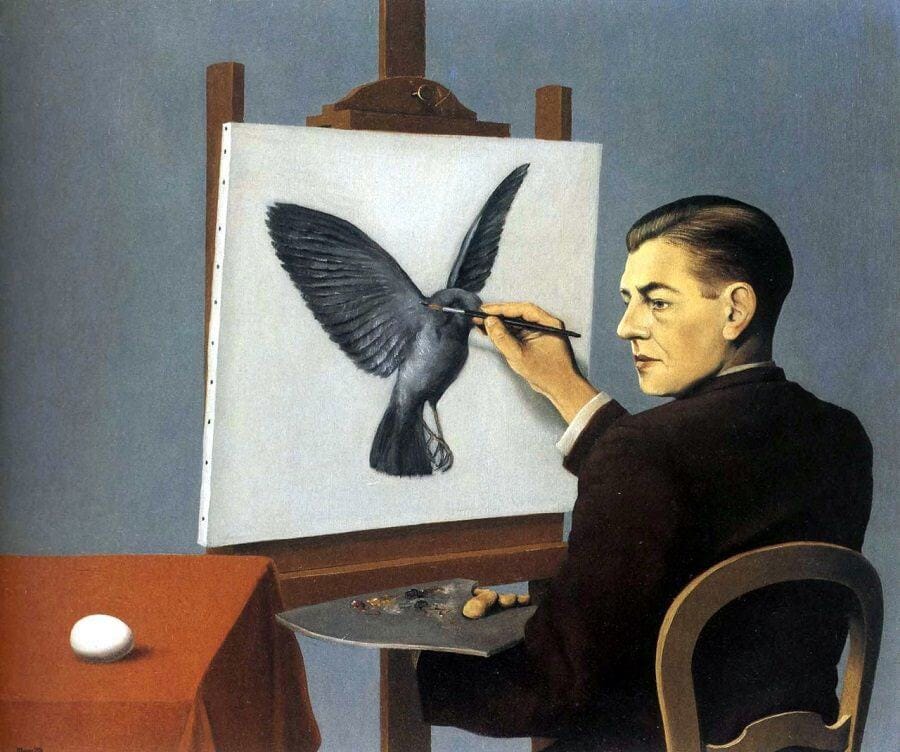From Zero to Europe
Henry Kissinger and the Need for Creative Thinking
There are certain authors that are just a delightfully insightful read. Authors who, no matter the book or its conclusions, you enjoy and learn from greatly. For me, such authors would include Francis Fukuyama, Lee Kuan Yew, and Henry Kissinger.
Kissinger’s recent output in particular is simply remarkable. Over the past decade, he has published books with titles like On China, Leadership, and The Age of AI: And Our Human Future (the latter is less weighty and co-written with former Google CEO Eric Schmidt). Bear in mind the man is now 99 years old: this is someone who knows how to focus on the most consequential issues!
These books are full of both worldly wisdom and erudition: the fruit of a life of study, experience at the highest levels of American government, and constant contact with many of the world’s most powerful politicians. You get a real sense of compassion: he is trying to make you understand the reality of the world, its tragic aspect, and how to succeed in government.
Kissinger is emphatic on one thing: that the study of history, and in particular of the past experience of our country’s previous political leaders, is crucial preparation for political leadership. History is important to understanding both one’s own country and the significance of current events: “the strategist reasons at least partly by analogy with the past – first establishing which events are comparable and which prior conclusions remain relevant.”1
And so I was quite struck when I read, in Kissinger’s 1994 book Diplomacy, the following passage, suggesting that history offers very little guidance for how to lead the emerging European Union:
Europe, the only part of the modern world ever to operate a multistate system, invented the concepts of the nation-state, sovereignty, and the balance of power. These ideas dominated international affairs for the better part of three centuries. But none of Europe’s erstwhile practitioners of raison d’état [i.e., hardball international power-politics] are now strong enough to act as principals in the emerging international order. They are attempting to compensate for this relative weakness by creating a unified Europe, an effort which absorbs much of their energies. But even if they were to succeed, no automatic guidelines for the conduct of a unified Europe on the global stage would be at hand, since such a political entity has never existed before.2
In short, EU policymaking is not easy, because this is the first time anything like this has been tried. In new situations, nations like France, Britain, or the United States may turn to their own venerable political traditions for some guidance, the European Union as a whole cannot.3
This is a real handicap. On the other hand, creating something utterly novel is inherently more impressive than building upon an old formula. Total political innovation has been achieved before, sometimes with astonishing success. When the United States of America was founded in 1776, there was no tradition of republican self-government on such a scale. It was in this sense a great experiment which led to what is, for now, still the most powerful and innovative nation in the world.
Similarly, when Singapore was kicked out of Malaysia in 1965—essentially because of ethnic conflict between Chinese and Malays—there was no Singaporean identity among its diverse immigrant-origin population of 1.9 million and certainly no Singaporean political tradition of independent self-government. Yet, having no choice, the Singaporeans made their best effort and, through skillful political choices, self-discipline, and luck, turned their impoverished and insecure island into the most developed country in Asia.
After his retirement as prime minister, Lee Kuan Yew urged Singaporean leaders to continue to be ambitious and not be mentally constrained by current conditions:
If you are just realistic, you become pedestrian, plebeian, you will fail. Therefore you must be able to soar above the reality and say: “This is also possible.”4
One has to try to see beyond current circumstances to what might be possible: whatever the best ways forward are, we will have to think creatively to find them!
Henry Kissinger, Leadership: Six Studies in World Strategy (New York: Penguin, 2022), p. 17.
Henry Kissinger, Diplomacy (New York: Simon & Schuster, 1994), p. 24.
That isn’t to say there are no antecedents for something like the EU, but most of these are rather obscure and basically forgotten by all but history buffs. The Holy Roman Empire and the Hanseatic League are not household names, certainly outside of Germany. But there are precedents. For example, some ancient Greek leagues would practice a kind of common citizenship among their city-states. Similarly, European economic integration is foreshadowed in the nineteenth century by the independent German states’ Zollverein (customs union) and by the Latin Monetary Union which linked the currencies of, among others, France, Belgium, Italy, and Spain. But such past experiences do not seem to provide much general guidance for the EU today.
Quoted in Kissinger, Leadership, p. 412.


